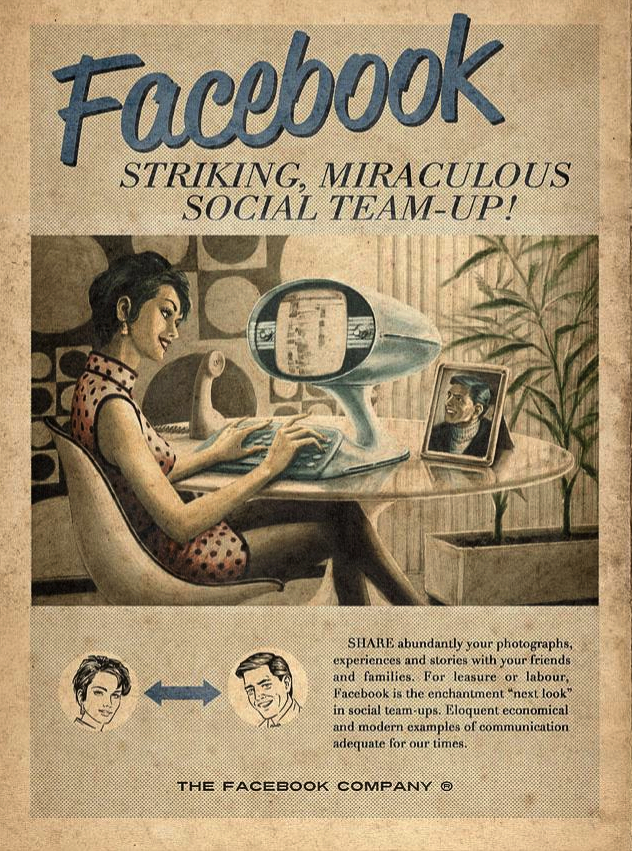
FRESH AIR
How the Fourth Amendment — and the other amendments to the Constitution — should extend to quickly changing technologies is unclear. Recently, Jeffrey Rosen and his colleague Benjamin Wittes asked leading legal scholars to imagine technologies that might be developed in the next few decades that would challenge current constitutional laws. Their hypothetical scenarios, collected in Constitution 3.0, address questions about a variety of topics, including security, free speech, privacy and the constitutional right against self-incrimination. Rosen describes one privacy scenario, imagined at a conference by Google public policy chief Andrew McLaughlin, in which websites like Google and Facebook could someday potentially post video from live surveillance cameras online — and then archive those videos in a database.
 “[McLaughlin said,] ‘It would be theoretically possible to click on a picture of anyone in the world — say me — back click on me to find out where I came from, forward click on me to see where I’m going, and basically have 24/7 ubiquitous surveillance of everyone on the planet at all times,” Rosen says. “This is a GPS case on steroids. … [McLaughlin said], ‘First of all, should Google do this? And would it violate the Constitution?’ And the fact that there was no clear answer to that question … interested me and made me think how inadequate our current Constitutional doctrine is to resolve the most profound privacy cases of our age.”
“[McLaughlin said,] ‘It would be theoretically possible to click on a picture of anyone in the world — say me — back click on me to find out where I came from, forward click on me to see where I’m going, and basically have 24/7 ubiquitous surveillance of everyone on the planet at all times,” Rosen says. “This is a GPS case on steroids. … [McLaughlin said], ‘First of all, should Google do this? And would it violate the Constitution?’ And the fact that there was no clear answer to that question … interested me and made me think how inadequate our current Constitutional doctrine is to resolve the most profound privacy cases of our age.”
Rosen says if this scenario — as unlikely as it may seem — were to take place, it would raise legal questions that aren’t covered by the Constitution. At the moment, lawyers at Facebook and Google and Microsoft have more power over the future of privacy and free expression than any king or president or Supreme Court justice. And we can’t rely simply on judges enforcing the existing Constitution to protect the values that the framers took for granted. “It’s not clear [in this scenario] that Facebook would be regulated by the Constitution,” he says. “After all, Facebook is a private actor, the Constitution and the Fourth Amendment only prohibits unreasonable searches and seizures committed by government actors. So a court or Facebook’s lawyers might say, ‘… The Constitution has nothing to say … and there’s nothing anyone can do about it except not go outside because Facebook is unregulated. I think that helps crystallize the fact that at the moment, lawyers at Facebook and Google and Microsoft have more power over the future of privacy and free expression than any king or president or Supreme Court justice. And we can’t rely simply on judges enforcing the existing Constitution to protect the values that the framers took for granted.” MORE

